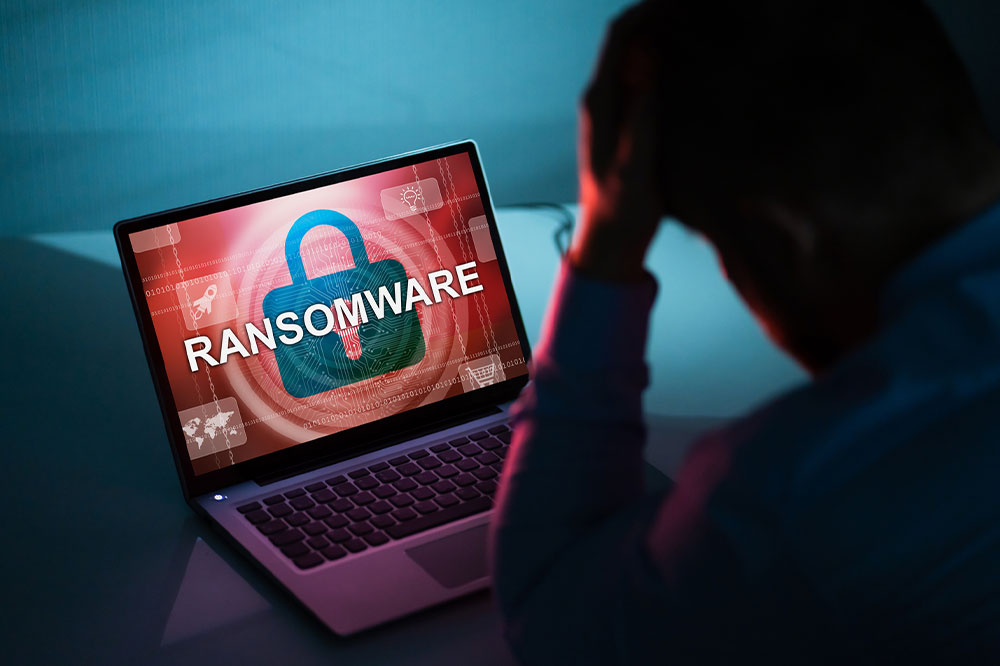Getting Started with Cyber Security Training: A Beginner's Guide
This guide introduces beginners to cyber security, outlining how to start learning and find suitable courses. It covers key topics like device protection, online safety, and career prospects, emphasizing the importance of acquiring cyber security knowledge for personal and professional security. Whether through free online tutorials or advanced training, understanding cyber security is essential in today's digital world to prevent data theft and secure electronic devices effectively.

Getting Started with Cyber Security Training: A Beginner's Guide
Beginning your journey in cyber security
Cyber security focuses on protecting electronic devices such as computers, smartphones, and tablets from unauthorized access and data theft. Many individuals pursue courses in cyber security to build a career or to safeguard their personal information. Online classes offer flexible options for those who prefer remote learning, helping prevent theft of sensitive data like credit card details. With hackers frequently targeting personal and financial information, understanding cyber security is essential to prevent significant losses. This article explores how to start learning cyber security and where to find the right courses.
This knowledge becomes crucial as cybercriminals develop more sophisticated hacking techniques to steal data. Enhancing your understanding of cyber security can greatly mitigate these risks. Whether through online classes or traditional education, acquiring this knowledge helps you secure your devices, keep your passwords safe, and protect your financial information. This article provides guidance on beginning your learning journey and selecting suitable courses to gain essential cyber security skills.
Finding the right beginner’s course
For newcomers, enrolling in an introductory cyber security course is essential. Beginners interested in personal awareness can start with free online resources, such as Udemy or similar platforms. Those aspiring to pursue a career in cyber security should consider foundational courses now, then advance to more comprehensive paid programs. These initial courses cover fundamental topics and establish a solid base for further learning.
What you will learn in a beginner’s cyber security class:
Introductory courses typically cover essential concepts like encryption, antivirus software, and basic protection techniques. Participants learn how to defend their devices against common threats, understand protective measures, and learn the importance of regular updates. Online courses often include video tutorials delivered in simple language, gradually introducing technical terms. Classroom courses follow a similar approach with direct interaction with instructors, who clarify doubts and guide learners through the process. After completing such courses, learners understand how to secure their devices, operate email safely, and protect sensitive information like passwords and financial data.
Who should take these courses?
As cyber security threats grow, so do job opportunities in this field, including roles like ethical hackers and security analysts. Anyone interested in building a career in cyber security can start with beginner courses, then progress to advanced certifications. Even for personal use or small business protection, these courses enhance awareness and help avoid outsourcing security tasks for simple needs. In the future, knowing cyber security basics may become a universal requirement for safeguarding electronic information effectively.









